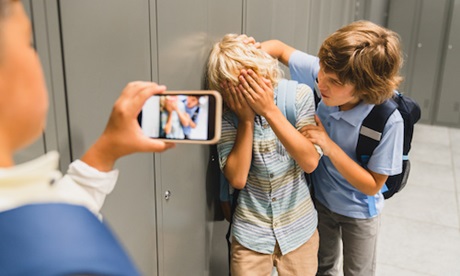International research shows New Zealand has the highest school bullying rates in the developed world.
The newly-released Organisation for Economic Co-operation and Development (OECD) report paints a grim picture. Its PISA 2018 survey found 15 percent of New Zealand students reported being frequently bullied.
Bullying severely affects students’ mental health and attendance, the OECD report points out.
The report noted certain anti-bullying programmes that some schools had actively and successfully introduced to curb bullying rates.
Working on the problem
An anti-bullying programme called KiVa is an option available to schools.
It was developed in Finland to promote positive interactions among students and empower them to be “upstanders rather than bystanders”.
“We looked at all the research. Luckily we were able to tap into Victoria University at the time and see what the data told us, and we found a product that internationally, through 25 countries, actually makes a difference in these outcomes” one school principal using the programme says.
“We look at creating a culture where it won’t start. And then if it does start or it does happen we address it front-on. We use a restorative approach where the students actually come up with the solutions, and then we follow that up and use surveys and data to ensure that number stays really low.”
Feedback about the programme’s positive effect on children is encouraging.
But schools, the community, parent involvement and policy need to work together to implement a good culture in schools.
It’s a collective responsibility, the principal says.
“Schools work so hard to create cultures, but we reflect communities and we reflect the wider culture of the day so it is a wider responsibility as well.
“It’s highly alarming. But possibly looking at our wider community and some of our leaders and how they behave, it [bullying prevalence] doesn’t really surprise me unfortunately.”
He said it is “hard enough these days” to be a young person, citing the influence of being constantly attached to social media through smartphones.
“It’s really scary. It’s sad. If we can help one child go to school and not be bullied, then I think we’ve made a difference. And if we can drop it by a quarter or more then we’ve made a huge difference.”
Source
Additional reading
News category: New Zealand.




